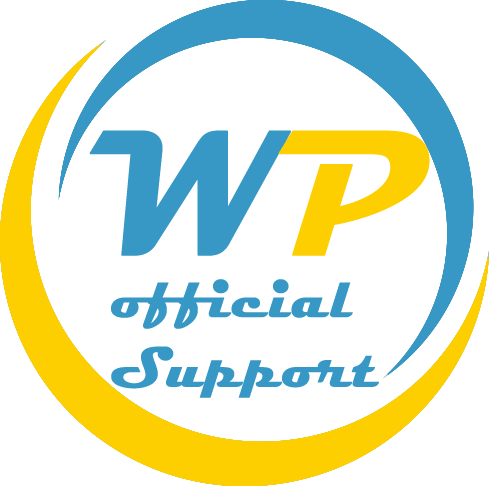- 24X7 WordPress Maintenance and Support Services Company
- +1-917-300-0312
- support@wpofficialsupport.com
Demystifying the WordPress Parse Error: Causes and Solutions
WordPress is an immensely popular platform for creating and managing websites, thanks to its user-friendly interface and extensive customization options. However, even the most seasoned WordPress users can run into errors, with the "Parse Error" being one of the most common and potentially perplexing issues. In this article, we'll delve into what a WordPress parse error is, its causes, and how you can troubleshoot and fix it to get your website up and running smoothly again.
Understanding the Parse Error:
A parse error in WordPress usually presents itself as a white screen of death, accompanied by a message that begins with something like "Parse error: syntax error, unexpected." This error occurs when WordPress encounters code that it cannot properly understand or interpret.
Causes of Parse Errors:
Typographical Errors: Even a minor typo in your code can trigger a parse error. Missing semicolons, parentheses, or quotation marks can disrupt the code's syntax and result in an error.
Incorrect Plugin or Theme Installation: Poorly coded plugins or themes can introduce incompatible code that clashes with your WordPress setup, leading to parse errors.
Unsupported PHP Version: WordPress relies heavily on PHP. If your hosting environment uses an outdated or incompatible PHP version, it can trigger parse errors.
Code Snippets: Inserting code snippets from unreliable sources or incorrectly modifying your theme's code can introduce errors that cause a parse error.
File Corruption: Sometimes, files crucial to the WordPress core or theme files can become corrupted during uploads or updates, leading to parse errors.
Troubleshooting and Fixing Parse Errors:
Check the Code: If you were working with code just before encountering the parse error, review it carefully for typos, missing or mismatched brackets, semicolons, and other syntax errors.
Deactivate Plugins and Themes: If the error occurred after installing a new plugin or theme, deactivate them. If you can access your WordPress admin dashboard, do this from there. Otherwise, you might need to use FTP to rename the plugin or theme folder.
Update PHP Version: Ensure your hosting environment is using a compatible and updated PHP version. WordPress recommends using PHP 7.4 or higher for optimal performance and security.
Restore from Backup: If you have a recent backup of your website, you can restore it to a point before the parse error occurred. This can help if the error was caused by recent changes.
Access via FTP: If you're unable to access your WordPress admin dashboard, using FTP to access your website files can allow you to edit or remove the problematic code directly.
Consult the WordPress Community: If you're still stuck, reach out to the WordPress community forums or online developer communities. Often, others have encountered similar issues and might offer valuable insights.
Conclusion:
While encountering a WordPress parse error can be frustrating, it's not an insurmountable challenge. By understanding the common causes of parse errors and following the appropriate troubleshooting steps, you can get your website back online quickly. Remember to double-check your code, stay cautious when installing plugins or themes, and keep your PHP version up to date to minimize the likelihood of encountering parse errors in the future. Still not able to figure out yourself, feel free to call us on our 24/7 WordPress Support Number +1-917-300-0312 and get it fixed by our wordpress expert.
